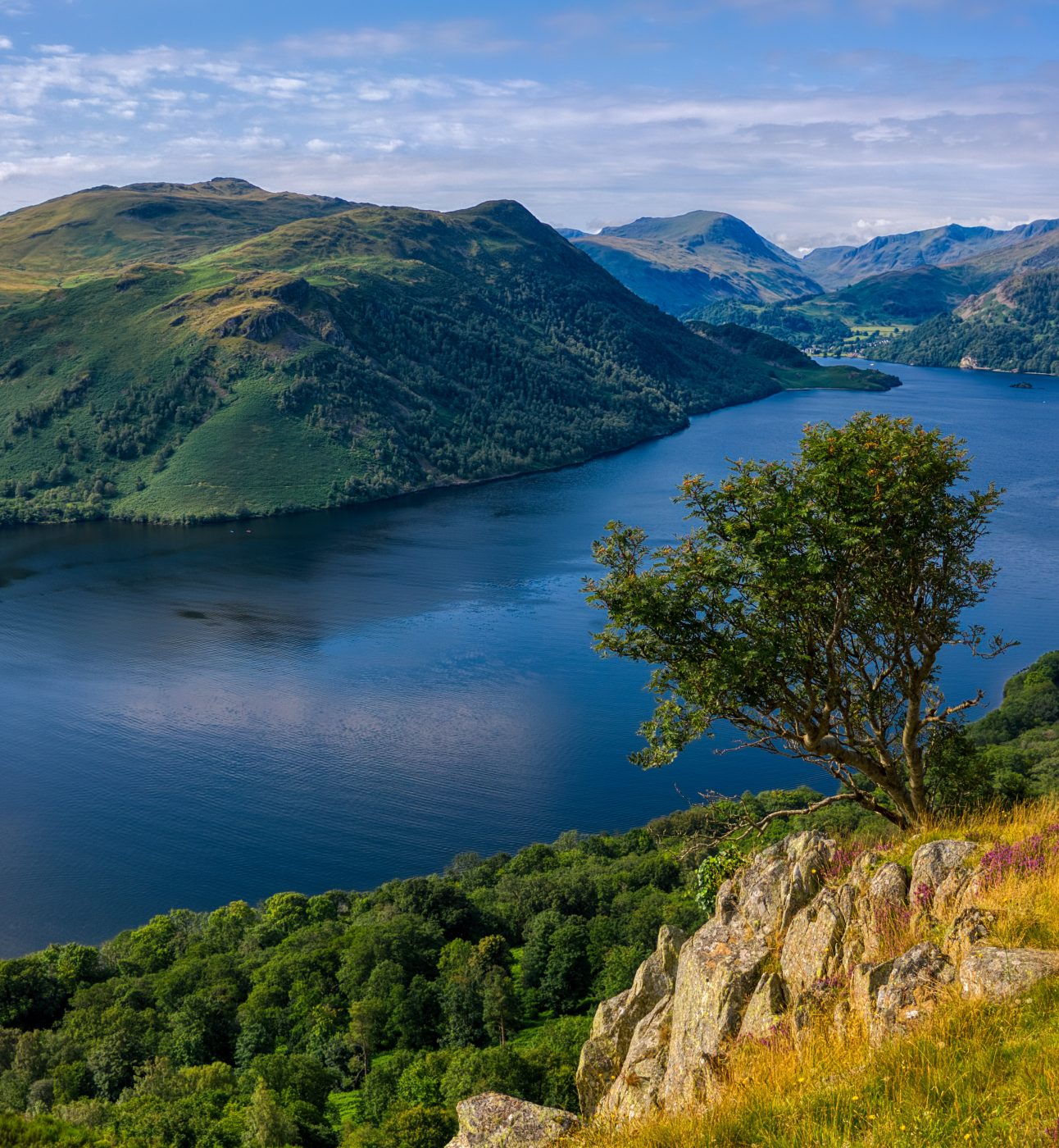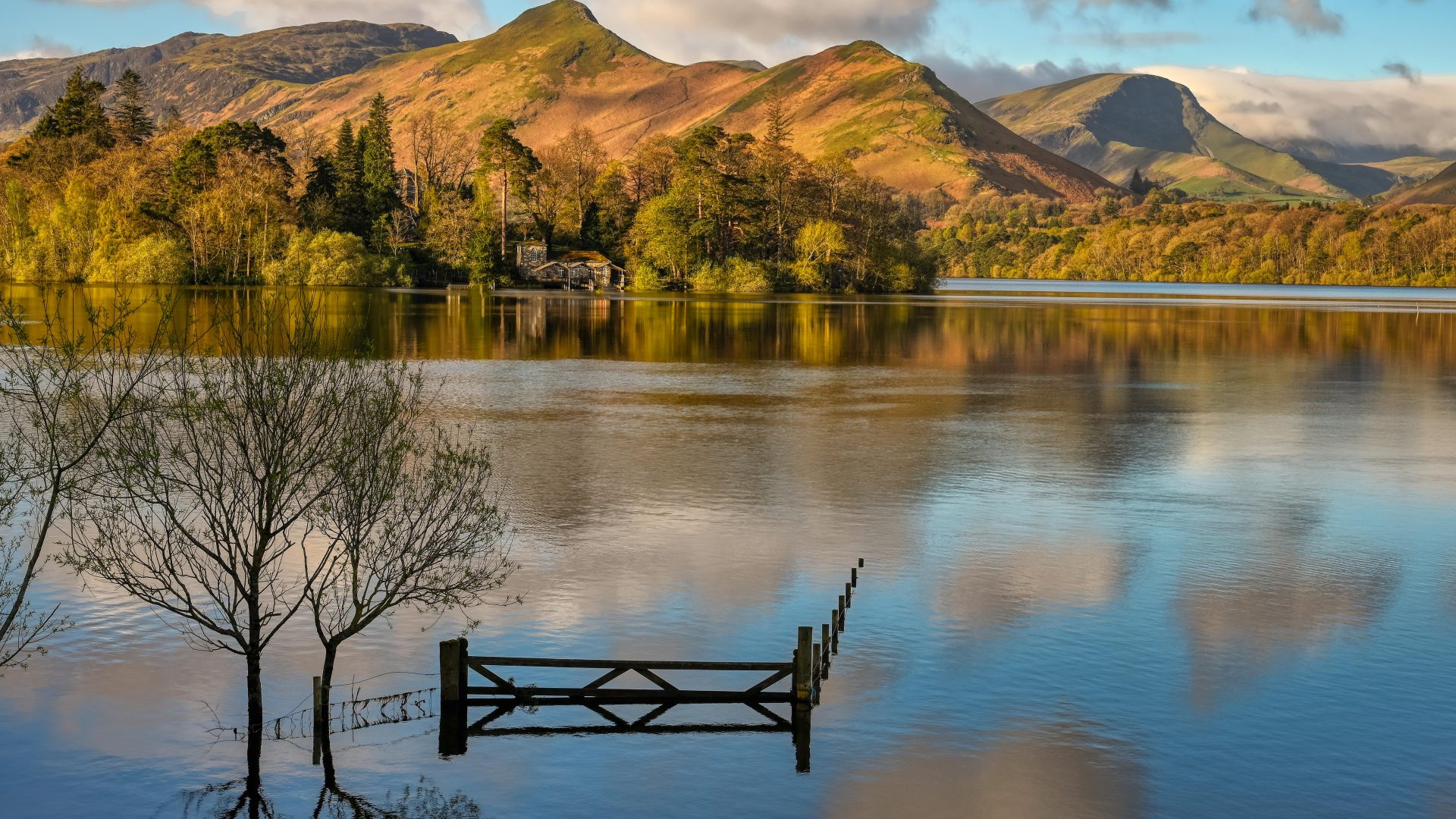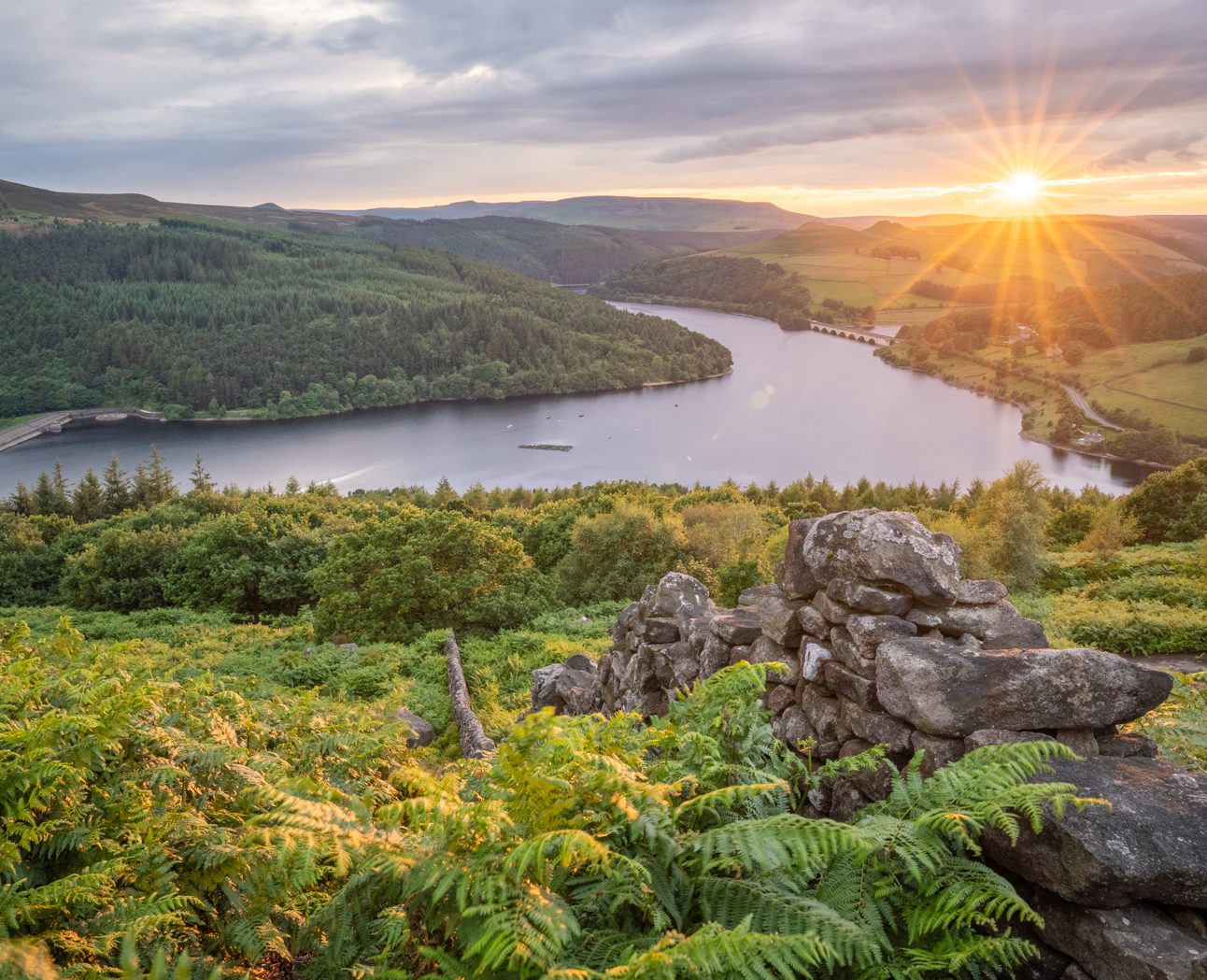
End water pollution campaign
Iconic freshwater sites in National Parks are enjoyed by millions every year, but although they look the very image of perfection under the surface lies a dirty secret – pollution.

Published 21 August 2024
New research from the University of York and the Rivers Trust has revealed widespread contamination of rivers in the parks, with antidepressants, anticonvulsants, antimicrobials, anti-inflammatory substances, lipid regulators and diabetes treatments being detected.
The scientists have joined with Campaign for National Parks to highlight the need for tighter regulation and greater monitoring of National Park waterways (a key conclusion of our recent Health Check report).
The study found pharmaceuticals in river water across all ten national parks in England. Some pharmaceuticals were found at levels of concern for the health of freshwater organisms and for humans. The Peak District, Exmoor, Lake District, South Downs and New Forest found drugs at levels harmful to fish and invertebrates. Alarmingly, some rivers in the Peak District and on Exmoor were found to have concentrations higher than seen in major cities such as London.
Professor Alistair Boxall, from the University of York, was behind the unique study.
He said: “Given the unique ecological value of these protected areas, our research highlights that the presence of these pharmaceuticals is concerning. Our National Parks are true hotspots for biodiversity and essential for our physical health and mental well-being – so we need to act swiftly to protect these irreplaceable environments and ensure the health of wildlife and visitors alike.”
The study explores areas where the public might expect low levels of pollution – but instead it has shown that this is not the case.
Professor Boxall added “There are several reasons why these rivers are more polluted than you might expect, including lower dilution, lower connectivity to sewage treatment systems, older and less high tech treatment of sewage, and seasonal population surges due to tourism. It is the fact that they come together in often remote and fragile places that make our national parks particularly vulnerable to this type of pollution. It is vital authorities come together to urgently tackle this issue.”
Dr Rob Collins, Director of Policy and Science at the Rivers Trust, highlights that we can all play our part.
He said “few people are aware of medicine take back schemes whereby any unopened, unused and out-of-date medicines, can be taken to the local pharmacy, rather than flushed down the toilet and into the sewer system”.
Commenting on this vital study, our Chief Executive, Dr Rose O’Neill, Chief Executive, said: “National Parks should be full of pristine waterways brimming with wildlife but the ugly truth is every single river and lake is polluted. The government must ensure the highest standards are met in National Parks and must ensure companies and regulators are held accountable to bring National Park waterways back to full health.”
Calls for urgent action over pharmaceuticals found in rivers in National Parks, Channel 4 News

Iconic freshwater sites in National Parks are enjoyed by millions every year, but although they look the very image of perfection under the surface lies a dirty secret – pollution.

Donate to our urgent appeal and together we can end water pollution in National Parks